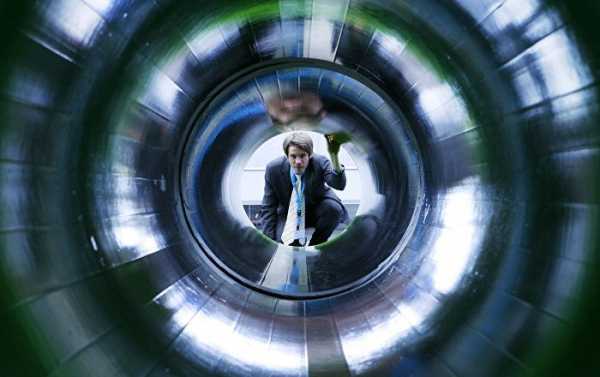
Merkel’s new government is turning towards alternative natural gas suppliers in a bid to wean itself from its dependence on Russia, which provides 60 percent of the gas Germany imports and plans to expand with Nord Stream-2.
Germany’s new coalition government, led by Angela Merkel, has tasked itself with reducing its dependence on natural gas imports via pipelines from Russia and Norway. According to the coalition treaty between Merkel’s Christian Democratic Union and the Social Democratic Party of Germany, the new government plans “to create infrastructure for liquefied natural gas (LNG)” from scratch as a part of its energy and climate program for the next four-year term.
Commenting on the government’s plans, spokeswoman for the Economy and Energy Ministry Beate Baron told Bloomberg that Merkel endorses “all initiatives which support the further diversification of the gas supply — whether from different regions or the means of transporting gas.” She also said the government “strongly backs private initiatives” to build LNG terminals, which Germany now lacks.
Plans to build plants in different parts of the country have been discussed over the past years. One of them is the Brunsbuettel import terminal near Hamburg, one of the biggest German cities, which is scheduled to open in 2022. The project to build the country’s first LNG terminal will cost approximately half a billion euros. Essen-based RWE plans to build a second 500 million euro facility in Duisburg, an industrial city near the Dutch border.
According to the stats from Marex Spectron Group Ltd, Russian fuel accounted for over 60 percent of German natural gas imports in 2017. Germany also backs the construction of the Nord Stream 2 pipeline from Russia to the EU under the Baltic Sea, which will create an alternative route for Russian gas.
This is in line with the recent claims by British Prime Minister Theresa May amid the growing diplomatic row over the poisoning of former spy Sergey Skripal and his daughter, for which London accuses Moscow, while Russia denies the accusations as baseless. May announced her plans to give up on Russian gas supply to reduce its energy dependence on Russia.
“The extent to which Russia uses its energy as a means to influence and have an impact on those countries that are in receipt of it and also the finances that it provides is an important one. We will be continuing to discuss with the European Union not just our energy security but that wider energy security issue,” May said. Russian Energy Minister Alexander Novak criticized the plan, saying this escapade “will damage first and foremost the consumers.”
The LNG industry is booming in the EU as imports rise. The leading world exporters are Qatar, Australia and Malaysia.
Sourse: sputniknews.com






